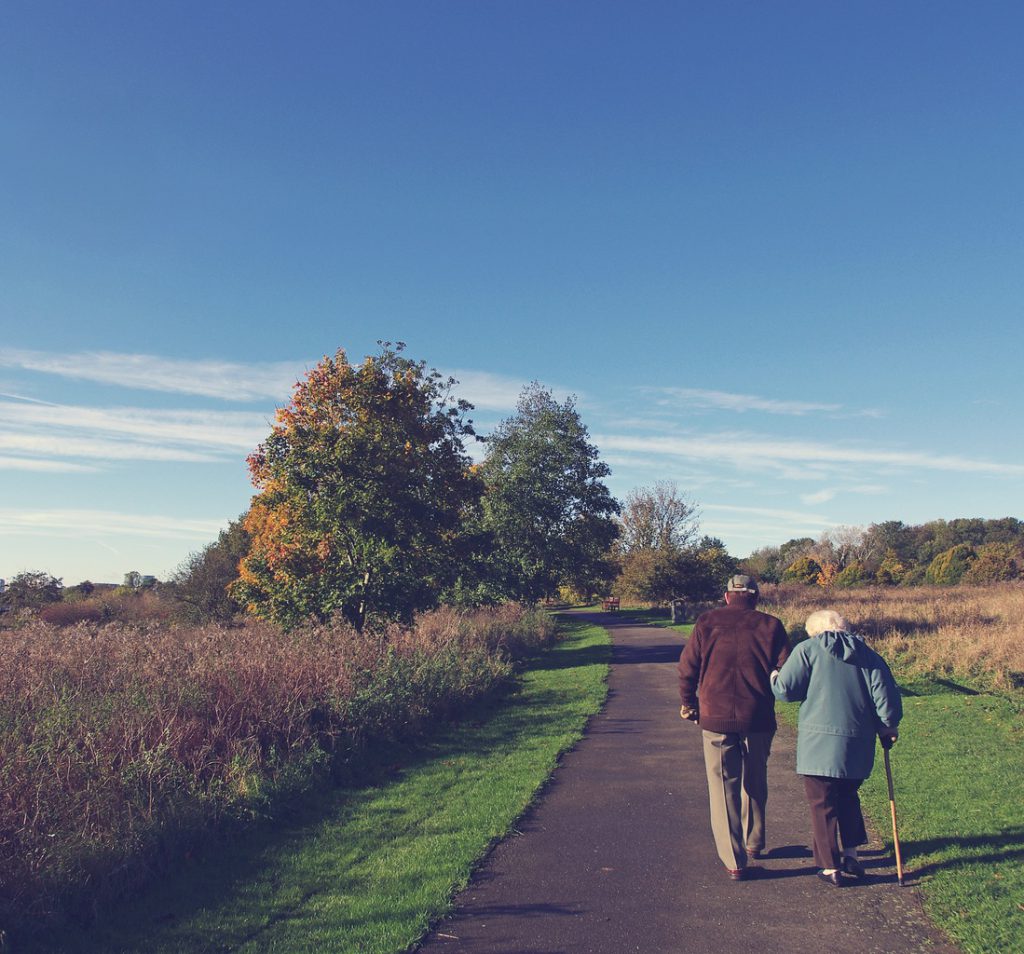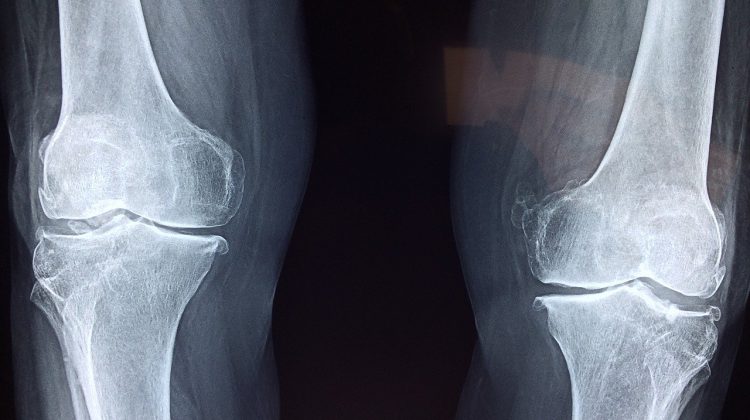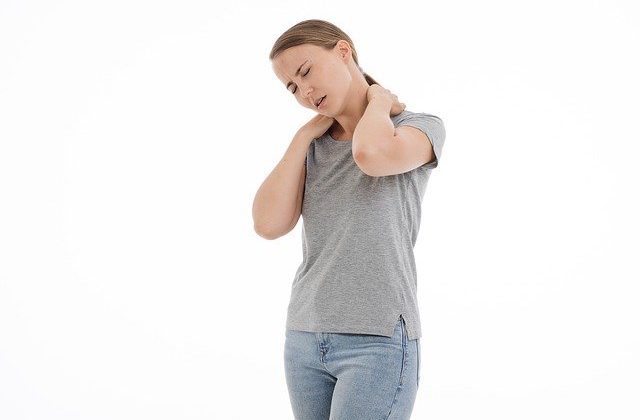As we age, we notice a change in our posture, strength, balance and reflexes or response time. These are all factors that lead to a greater chance of falling.
Postural control is a skill the body learns over time and it involves many systems of the body. All muscles, sensory systems and different areas of the brain play a part in maintaining balance. Therefore, balance is a proactive element we count on from learned experiences over time. Because of our decreased ability to react as we age, the more difficult it is to call on this postural control skill to prevent falls.
It is interesting to note that the majority of falls in the elderly population are due it inadequate and slower responses to disturbances. One half of all falls in the elderly are due to a sudden motion related to their base of support (slips and trips). About 35% of falls are due to changes in the center of mass by an outside force. It is reported that 10% of spontaneous falls are related to physiological events like strokes or seizures.
I’m Steve Taylor, Physical Therapist of Southern Physical and Occupational Therapy Services
Moving You To A Pain-Free Lifestyle




